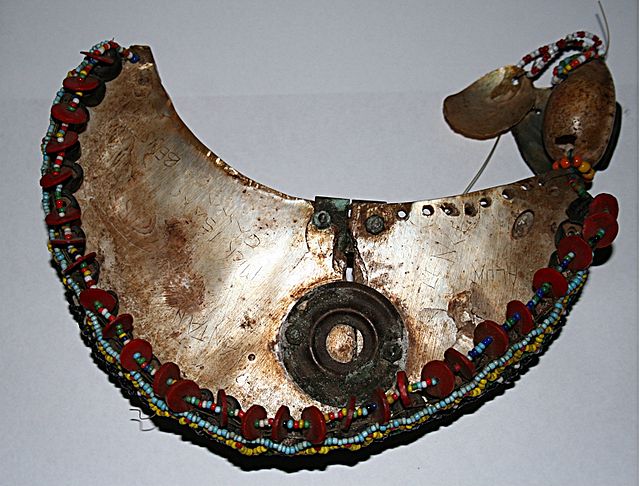Infinite photos and videos for every Wiki article ·
Find something interesting to watch in seconds
Sports
Celebrities
Richest US Counties
Great Cities
Largest Empires
World Banknotes
Kings of France
Orders and Medals
Crown Jewels
Recovered Treasures
Supercars
Great Artists
Ancient Marvels
Best Campuses
British Monarchs
Wonders of Nature
Wars and Battles
Animals
Tallest Buildings
Rare Coins
Great Museums
Presidents
Largest Palaces
Famous Castles
History by Country
Countries of the World
more top lists





